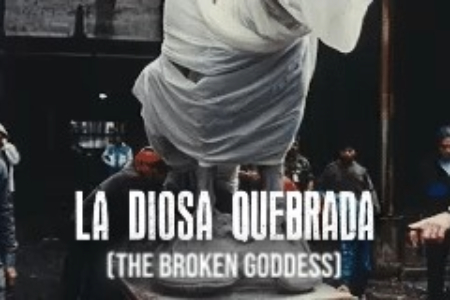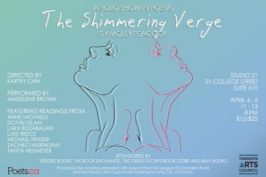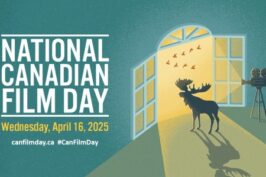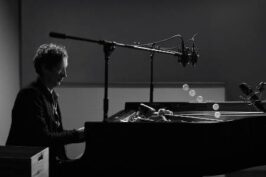The myth of María Lionza, a deity of the Venezuelan jungle, merges with the experience of a migrant filmmaker yearning for her lost Goddess. Over the years, the iconic statue in her honour became damaged by the passage of time.
Filmmaker Ximena Pereira began to document the debacle over the iconic statue. On the one hand, the ‘Broken Goddess’ was sheltered at the Central University of Venezuela. On the other, the Mayor’s Office of Caracas wanted to install a replica to replace the original piece.
Over two decades of filming, The Broken Goddess reveals the layers of the fracture of the iconic Goddess’ statue while Caracas becomes more and more impacted by political and social division.
I had the opportunity to speak with Pereira recently about María Lionza, the goddess’ significance and meaning, discussing the making of the film, as well as, how the film evolved into a personal, introspective journey for Pereira herself.
Pereira and team combined video recordings at the original site of María Lionza‘s statue with archival footage and other interesting artistic references, including footage from Sergei Eisenstein’s Octyaber (October a.k.a. Ten Days That Shook the World, 1927) which captures the shifts of power in the government after the 1917 Revolution. The film also includes scenes from Andrés Agustí’s film Parque Central (Central Park, 1991) that also captured the beauty of María Lionza ‘s statue.
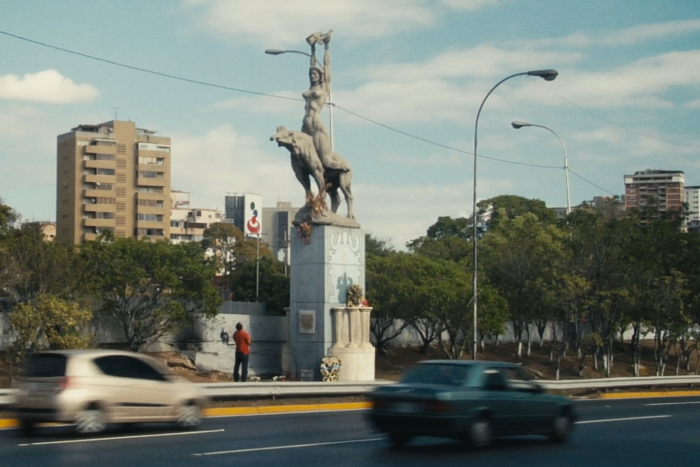
Due to the circumstances in Venezuela, Pereira decided to move back to Chile – where she was born – as she has dual citizenship. In our discussion, Pereira shared how focusing on telling María Lionza‘s story became the conduit to understand her own wound, so to speak, that of living in “the non-place of a migrant life”. It can be similar to feeling like we belong to two places at once, always missing one of them – something that many of us who have migrated can relate to on some level.
To me, the various layers in the film make for a great discussion. Pereira and I talked about how those of us living in this “non-place”, or belonging to more than one place, may feel a bit broken. At the same time though, time and space helps us heal these broken parts.
We also talked about the decision that Pereira was going to be a narrator in this film; taking us along with her on this introspective journey. As they team worked on the early edits for the film, it became apparent that Pereira’s voice would be key to tell this story that is not only about her. This is also the story of Venezuela, and of every Venezuelan who feels torn and divided, in the middle of an unnecessary war.
Regardless of one’s knowledge of Venezuelan socio-political history or of María Lionza, as a pivotal figure in the country’s history, the themes discussed in this film are understandable and as I mentioned before, relatable.
Although our conversation is mostly in Spanish, there are some parts in English. I highly encourage you to take a peek.
The Broken Goddess (La Diosa Quebrada) continues its film festival journey. For updates and more information about the film in English and Spanish, please visit ximenafilms.com.

